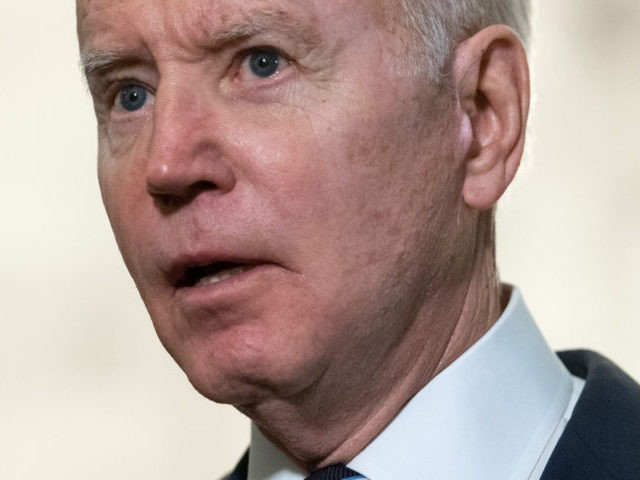U.S. consumer sentiment fell by more than expected in early January as rising prices dominated the pandemic and unemployment as the most serious problem facing the nation.
The University of Michigan’s preliminary consumer sentiment index tumbled to 2.5 percent to 68.8 from 70.6 in December, the second-lowest in a decade. The lowest reading was recorded in November. Analysts had forecast a reading of 70.4, little changed from the prior month.
“Three-quarters of consumers in early January ranked inflation, compared with unemployment, as the more serious problem facing the nation,” said Richard Curtin, the survey’s chief economist.
Americans are more pessimistic about conditions over the next six months than they are about current conditions. The current condition gauge fell 1.3 percent to 73.2. The expectations gauge dropped 3.5 percent to 65.9.
Americans expect inflation to rise 4.9 percent over the next year, matching the highest since 2008, the Michigan report showed. They expect prices will rise at an annual rate of 3.1 percent over the next five to 10 years, the highest since 2011. The rise in expectations will likely be especially concerning to Federal Reserve officials, who believe that inflation expectations have a strong influence over the direction of prices.
The sentiment index fell by 9.4 percent among households with incomes below $100,000 but rose 5.7 percent among wealthier households. That reflects the regressive impact of inflation. Similarly, lower-income households are more negative about the prospects for the national economy. But even among the more optimistic wealthier households, they are still more likely to expect bad than good economic times in the year ahead.
The Biden administration is not inspiring confidence, as Biden’s low approval ratings imply. According to Curtin, confidence in government economic policies is at its lowest level since 2014.
Thirty-three percent of households report being financially worse off than a year ago, worse than the lockdown reading of 32 percent in April 2020 and the worst reading since 2014.
“Twice as many households with incomes in the bottom third as in the top third reported worsening finances (40% vs. 20%),” Curtin said.
Forty-eight percent of consumers anticipated that the inflation rate would outdistance income increases to produce real income declines. Just 17 percent anticipated real income gains in 2022.

COMMENTS
Please let us know if you're having issues with commenting.